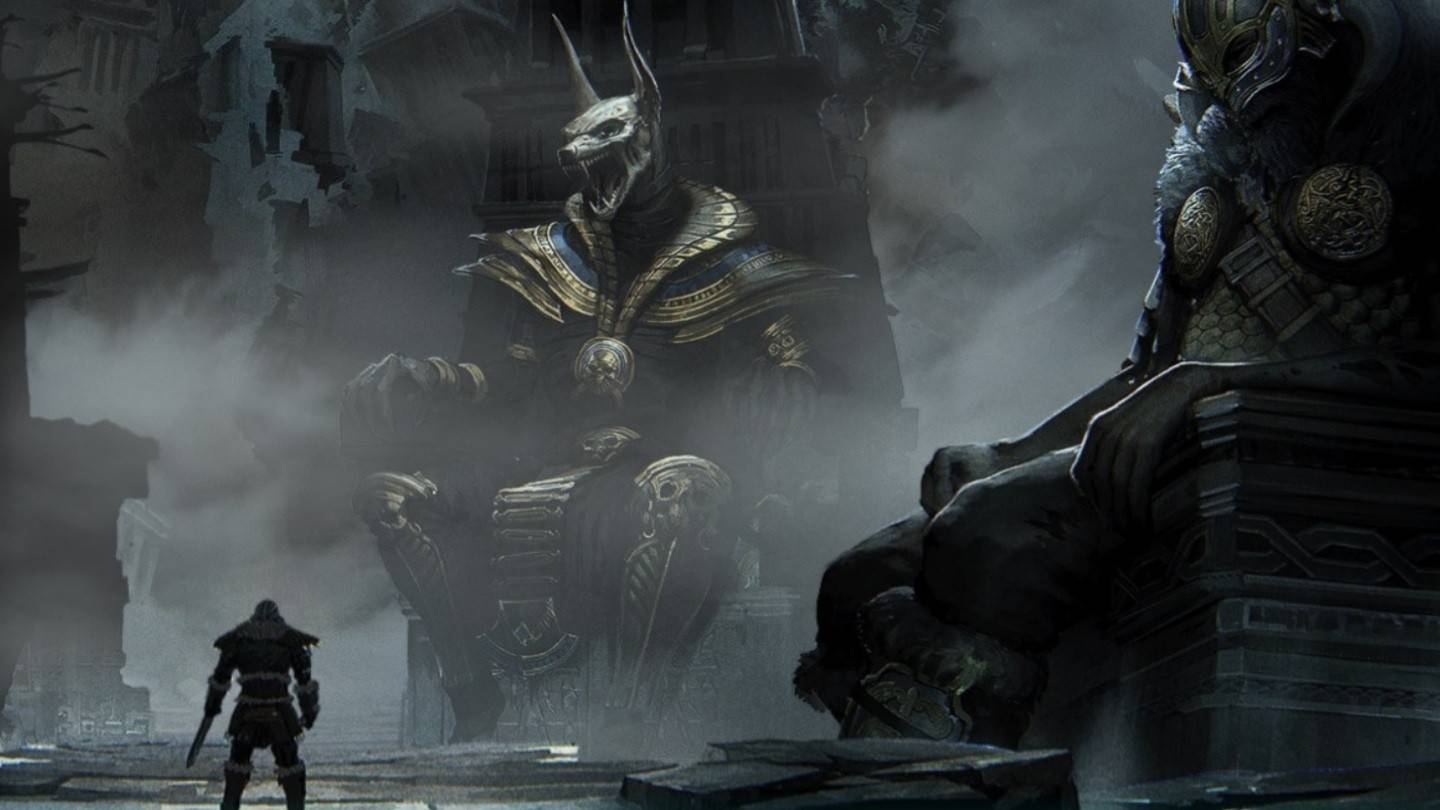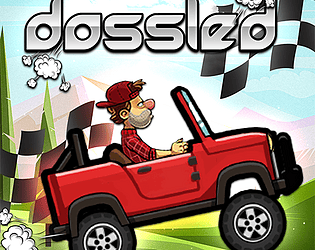Capcom is exploring the use of generative AI to generate the vast array of ideas needed for in-game environments. As the costs of video game development continue to soar, game publishers are increasingly turning to AI tools to streamline processes and reduce expenses. For instance, Call of Duty reportedly sold an "AI-generated cosmetic" for Call of Duty: Modern Warfare 3 in late 2023, and fans have accused Activision of using generative AI for a loading screen in the past. Additionally, EA stated in September that AI is at "the very core" of its business.
In a recent interview with Google Cloud Japan, Kazuki Abe, a technical director at Capcom who has worked on major titles like Monster Hunter: World and Exoprimal, discussed how the company is integrating AI into its game development processes. Abe highlighted that one of the most challenging aspects of game development is generating "hundreds of thousands" of unique ideas, particularly for everyday objects such as televisions, which require specific designs, logos, and shapes. "Including unused ones, we ended up having to come up with hundreds of thousands of ideas," Abe stated (via Automaton).
To address this, Abe developed a system where generative AI can analyze various game design documents and generate multiple proposals for the thousands of objects needed per game. Each proposal includes illustrations and text to effectively communicate the concept to art directors and artists. By implementing this system, Abe aims to enhance development speed and efficiency, with the AI providing feedback to refine its outputs.
Abe's prototype utilizes multiple AI models, including Google Gemini Pro, Gemini Flash, and Imagen, and has garnered positive feedback from Capcom's internal development teams. The implementation of this AI model is expected to significantly reduce costs compared to traditional manual methods, while also potentially improving the quality of the output.
Currently, Capcom's use of AI is confined to this specific system, ensuring that other critical aspects of game development, such as ideation, gameplay, programming, and character design, remain under human control.







